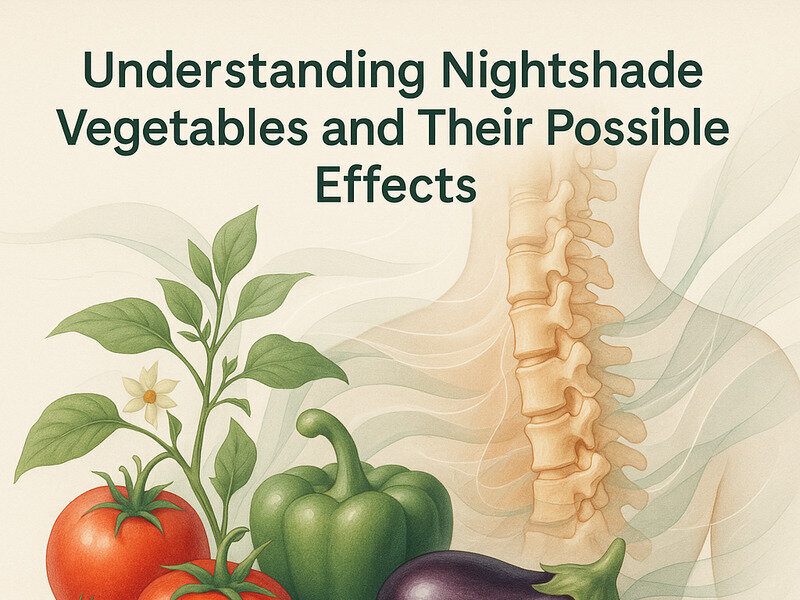
Nightshade vegetables are a diverse group of plants belonging to the Solanaceae family. While they are staples in many diets worldwide, there is ongoing debate about their health impacts. This article delves into the characteristics of nightshade vegetables, examines their nutritional benefits, explores potential adverse effects, and provides practical advice for those considering dietary adjustments.
What Are Nightshade Vegetables?
The nightshade family, scientifically known as Solanaceae, includes over 2,000 species of plants. Among these, several are commonly consumed as vegetables. Some of the most well-known nightshade vegetables include:
Tomatoes
Potatoes (excluding sweet potatoes)
Eggplants
Bell peppers
Hot peppers (such as chili and jalapeño)
These vegetables are known for their vibrant colors and are rich in nutrients, making them popular in various cuisines.
Nutritional Benefits of Nightshade Vegetables
Nightshade vegetables are packed with essential vitamins, minerals, and antioxidants. Here are some key nutritional benefits:
Tomatoes: High in vitamin C, potassium, and lycopene, an antioxidant linked to reduce...
Premium preview
Premium members unlock the full article—complete step-by-step routines, deeper coaching notes, and exclusive frameworks.


